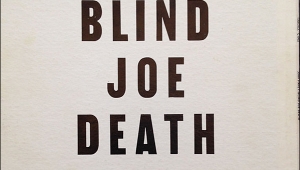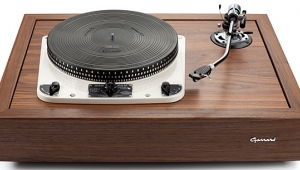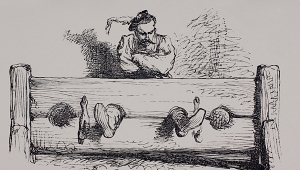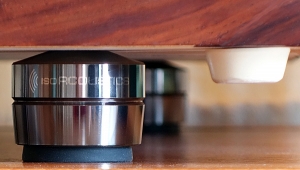| Columns Retired Columns & Blogs |
In the late 1960s, Leonard Cohen was one of those fabled individuals of whom most serious music lovers had heard but who had not actually been much heard except through the voices of better-known singers who tirelessly promoted his songs. Over the years, Cohen became better known and has since become a cult hero in the world of those who like their music decidedly deep and decidedly dark.
Elan, Editor of Anti Aging Project
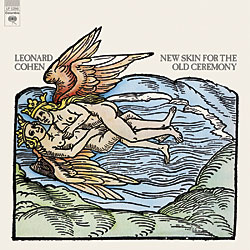 Nor did New Skin or anything else from Cohen's early catalog ever sell terribly well in the US (footnote 4), making Sundazed's reissue project all the more welcome. Granted, Sony Music offered CD reissues of these albums in 2007, sweetening each with a bonus cut or two. But the latter were meager—almost as insulting as when Capitol/EMI tried tarting up their CDs of the Band's Stage Fright and Cahoots by adding those albums' radio commercials—and their sound was nothing special. The Sundazed project, on the other hand, marks the first time in decades that Cohen's early albums have been available on vinyl: the playback format for serious listeners.
Nor did New Skin or anything else from Cohen's early catalog ever sell terribly well in the US (footnote 4), making Sundazed's reissue project all the more welcome. Granted, Sony Music offered CD reissues of these albums in 2007, sweetening each with a bonus cut or two. But the latter were meager—almost as insulting as when Capitol/EMI tried tarting up their CDs of the Band's Stage Fright and Cahoots by adding those albums' radio commercials—and their sound was nothing special. The Sundazed project, on the other hand, marks the first time in decades that Cohen's early albums have been available on vinyl: the playback format for serious listeners.






